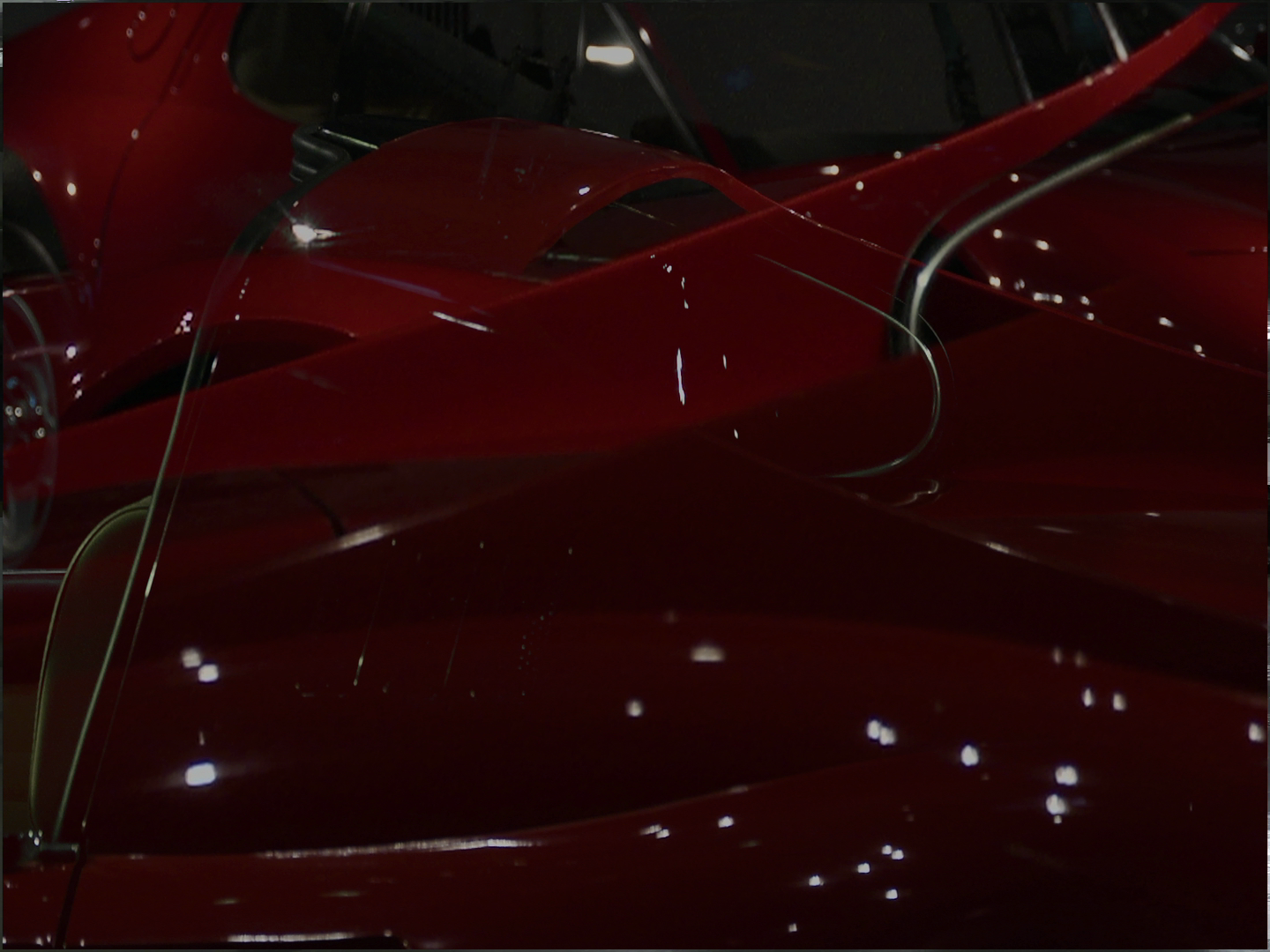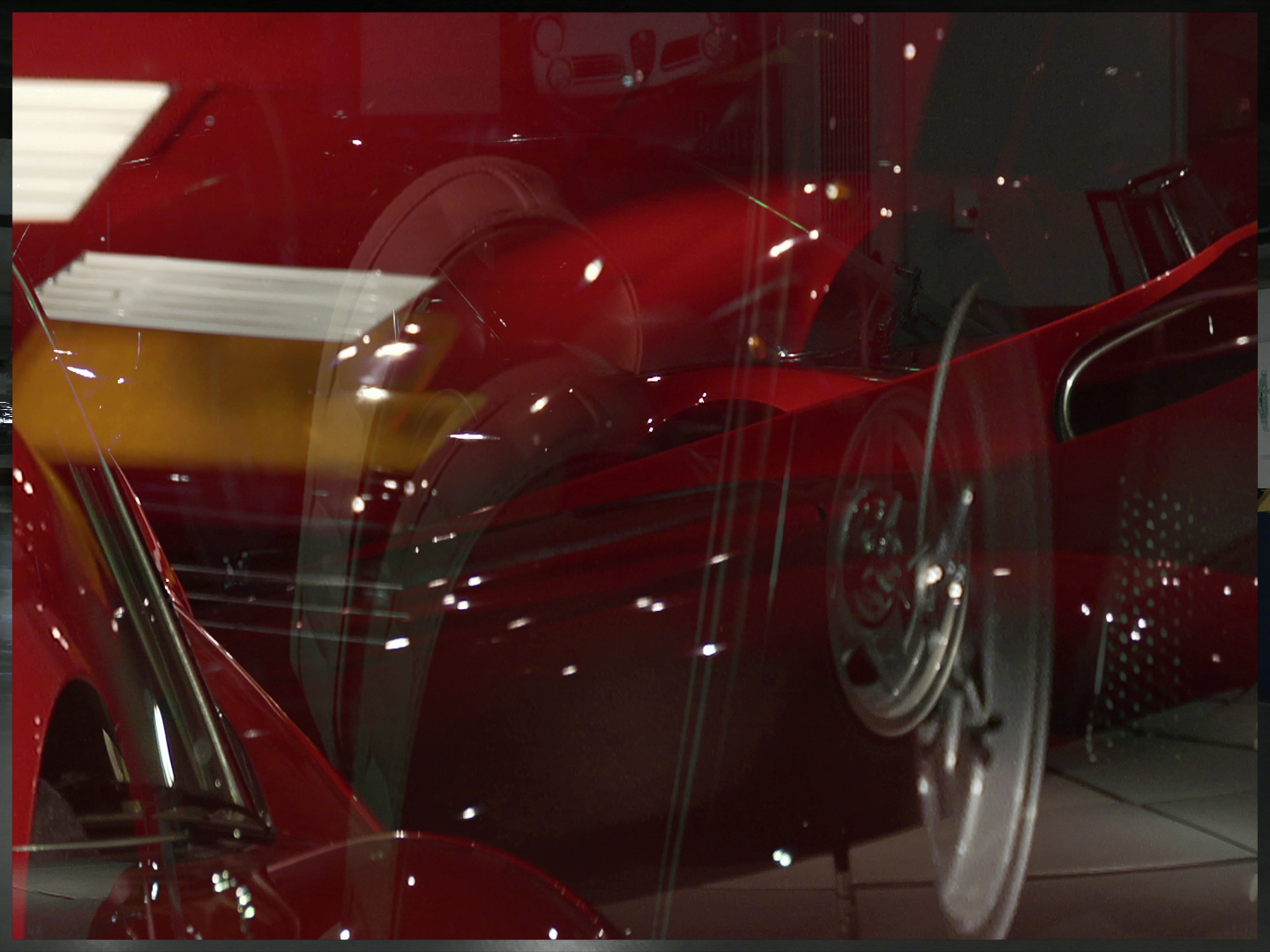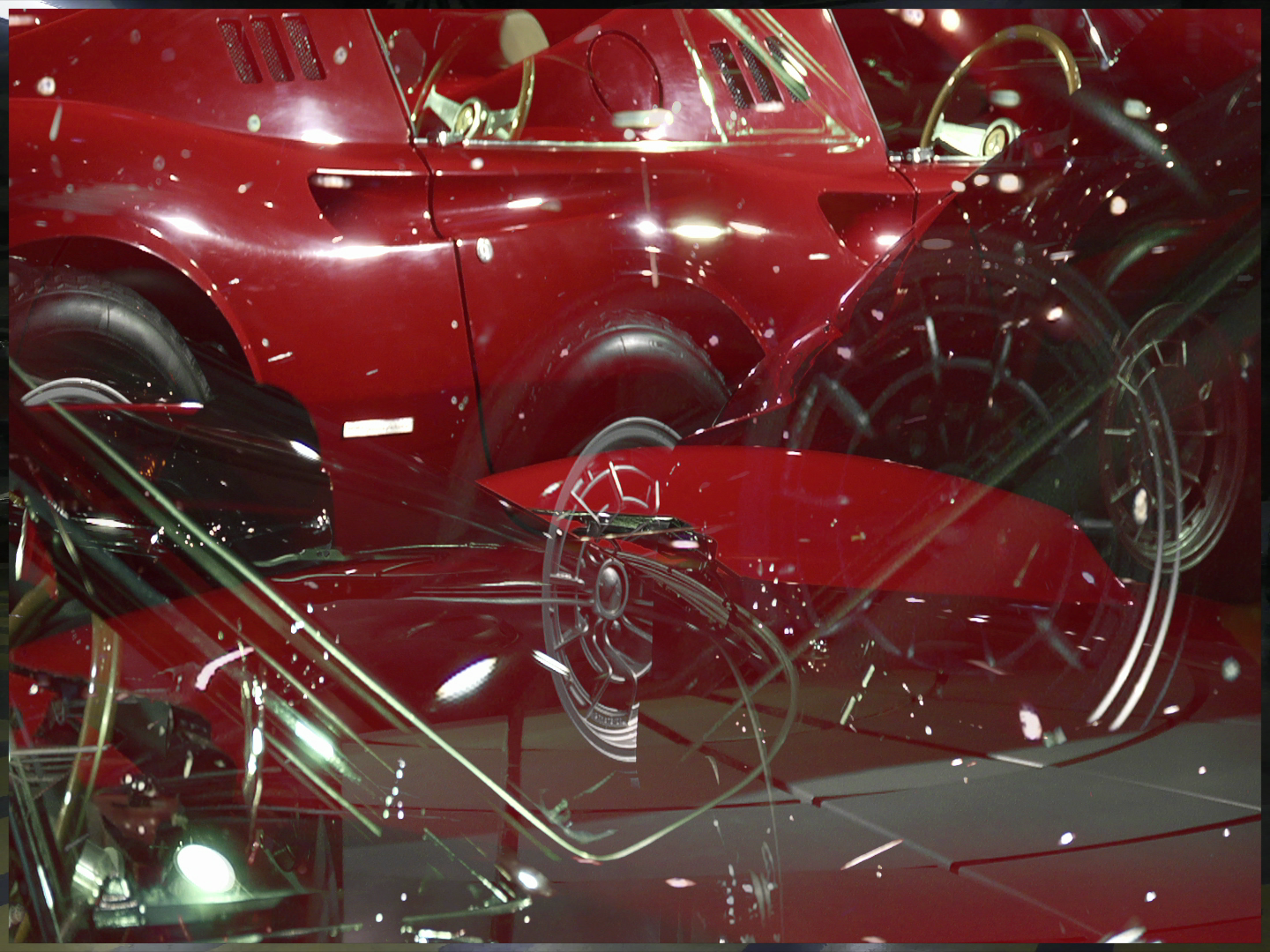Issue 16 |
|
"Human impulses lead to speculative disasters" -G. C. Selden  |
|
The man, from living every day with death, gradually becomes detached. The measure of his detachment is the measure of his imagination. The man with one million dollars is a silent individual. The time when it was necessary for him to talk is past- now his money does the talking. But the one thousand men who have one thousand dollars each are conversational, fluent and verbose to the last degree. As the men come in front of the president’s box, they bow and remove their black hats. The bow is serious or perfunctory depending on their length of service or degree of cynicism. What follows is a ritual; a tragic drama concerning the power of death and the glory of courage. There is no definitive sign by which bravery may be determined, although there are many indications of probable cowardice. Bravery, which comes with exhilaration, is the ability to not give a damn for possible consequences; not only to ignore them, but to despise them. The inexperienced playing with the professional’s edged tool is likely to cut him self. We’ve all met those deplorable mental wrecks, often found among the chairwarmers at the opening bell, whose thinking machinery seems to have become permanently demoralized as a result of continued acrobatics.
Optimism includes the persistent nourishing of hope, an aggressive confidence, the certainty that you are right, and a firm determination to accomplish your end. No one in a thousand ever becomes so expert or so seasoned as to entirely overcome the influence of his position upon his judgment. That influence appears in the most insidious and elusive ways. Our ideas are enveloped in a haze and our reasoning powers work in a rut from which we find it painful, if not impossible to escape. Many of our emotions and some of our acts are merely automatic responses to external stimuli. Wonderful as the development of the human brain, it originated as an enlarged ganglion, and its first response is practically still that of the ganglion.
A catfish arrives at the side of the boat in full possession of all its force and strength. A tarpon, a trout or a salmon will often kill himself fighting the rod and the line, if you hold him long enough. One stock leaps upward in a way of strike, a terror to the heart of the last surviving short. Another appears almost equally strong, but slips back unobtrusively when nobody is looking. Like the frog jumping out of the well, in the arithmetic of our boyhood. The truly brave bull gives no warning before he charges, except the fixing of his eye on his enemy, the raising of the crest of muscle in his neck, the twitching of an ear, and as he charges, the lifting of his tail.
|
|
|


